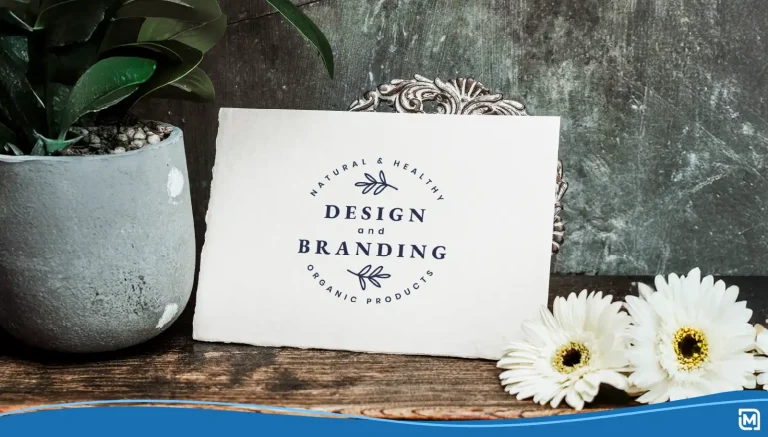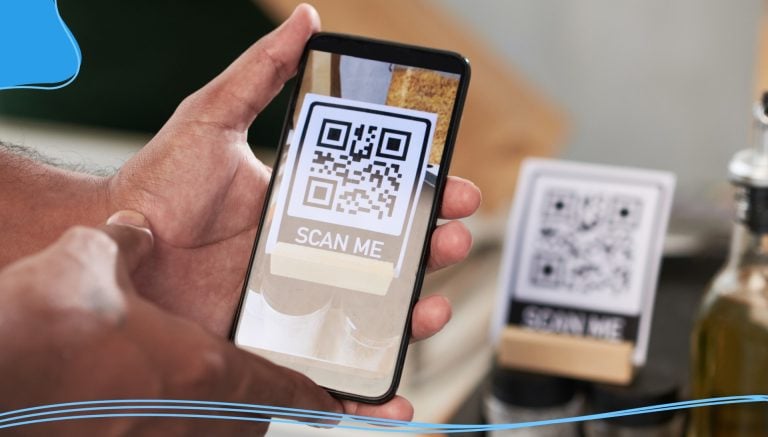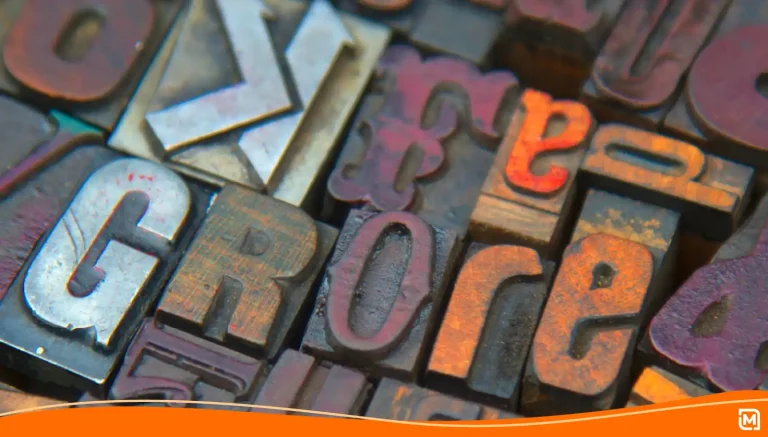A few weeks ago we wrote a bit about when you need to start thinking about design as you work on your startup. That post covers stuff like when you need to get a logo and hire a designer (if you need to do those things at all). If you go back and read that post, you’ll see that there isn’t a right answer for every situation. The importance of design depends on the kind of business you are starting.
But branding is a different story.
It doesn’t matter what kind of startup you are working on, you need to worry about your brand from day one.
First, let’s be clear about one thing: your logo design is not your brand.
Your logo is part of the visual design that supports and represents your brand. But this isn’t what we are talking about when we say you need to worry about (and work on) your brand from the beginning.
So what is a brand?
We like how David Aaker defines it in his book, Aaker on Branding:
“Far more than a name and logo, it is an organization’s promise to a customer to deliver what the brand stands for not only in terms of functional benefits but also emotional, self-expressive, and social benefits. But a brand is more than delivering on a promise. It is also a journey, an evolving relationship based on the perceptions and experiences that a customer has every time he or she connects to the brand.”
Or put another way, your brand is your business. Every interaction a customer has with your product or service impacts their experience with you. Whether it is seeing your logo or speaking with an employee on the phone. Your brand includes product features like prices and packaging—is it cheap or expensive? Does it come in bulk or is it one-of-a-kind? Is it exclusive or a commodity?.
Your brand is impacted by where people find your product and by the other people who use it—is it sold with other cheap or expensive items? Do customers want to be like the other people who use it?
Your brand includes your customer’s experiences—does the product work as promised? Does it last as long as customers expect? Does it deliver the benefit the customer is seeking?
And, yes, it includes your design—do the colors on your packaging and logo support the brand’s promise? Do they make people crave it? Or does it turn them off?
If you don’t think about this stuff (often called brand properties, brand personality, and brand attributes), it will still happen. Your brand will grow out of different, unrelated decisions that may contradict each other and create a brand that doesn’t effectively “stand” for anything in particular.
For example, let’s say your product is a pair of sunglasses. You spend a lot time with a product designer to create something unique. You choose a name and brand story that luxury customers can relate to, and even better, want to buy. The brand is aspirational and expensive.
Then, as you are figuring out how to go to market, you make a connection with a buyer for a discount chain who offers to sell your brand in their stores. They can guarantee hundreds of thousands of sales. You’ll make a lot of money.
But while that opportunity has a lot going for it, that single decision will impact your brand. And if you are building a luxury brand, selling it in discount outlets will contradict the luxury brand position you have worked to establish. You simply can’t sell exclusive luxury items at high prices in convenience stores and discount retailers—at least you can’t do it and maintain your luxury brand position.
It’s the reason you can’t buy a Porshe from a Honda dealer. Or cheap costume jewelry at Tiffany’s.
It doesn’t matter what kind of brand you are developing. You need to think about what attributes you should support and emphasize with everything you do as you build your company.
Ready to start a business? Start working on your brand from day one.
And if you didn’t start then, start now.



